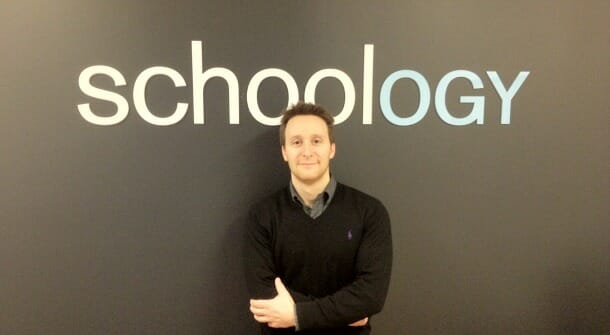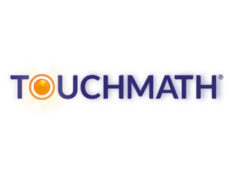
Articles
Schoology Announces Winners of Its Digital Citizenship Challenge
By Cait Etherington
June 07, 2018
In late May, Schoology announced the winners of its Digital Citizenship Challenge. The challenge was launched on February 14, 2018 with the goal of encouraging Schoology’s global community of educators to develop innovative approaches to promoting digital citizenship in the classroom. As Schoology’s CEO Jeremy Friedman stated in a press release issued in late May: “Our vision for the Digital Citizenship Challenge was to empower educators to raise awareness for digital citizenship education in our schools.”
While digital citizenship is subject to many definitions, it is generally defined as the quality of an individual’s response to membership in a digital community. Examples of bad digital citizenship include malicious hacking, cyberbullying, online scams, and phishing. Examples of good digital citizenship are generally seen to include all safe, legal, and ethical uses of the Internet, but what exactly do such practices look like? This is precisely what Schoology’s challenge hoped to explore.
The Winner of Schoology’s Digital Citizenship Challenge
The winner’s of the 2018 challenge was elementary teacher, Stephen Rao, who works for the Howell Township Public Schools in Monmouth County, New Jersey. Notably, Rao was chosen from over 1,000 entrance. In a press release issued by Schoology, Rao’s winning project was described as one designed to first ensure that “students understand responsibilities to themselves, their family and friends, and lastly their community” and then to help students appreciate the responsibilities of being a good digital citizen. Among other things, Rao’s units cover issues such as identity theft and phishing. His award-winning lesson plan on digital citizenship is available on the Schoology website.
As Rao said at the time of the award’s announcement, “While topics such as identity theft and email phishing may seem too advanced for third graders, the reality is these are issues they will be dealing with for the rest of their lives. By teaching students life skills around digital citizenship at an early age, my goal is for students to engage in the use of technology both effectively and responsibly in order for it to become second nature to them by the time they reach their teenage years. He also emphasizes, “I would like to see educators from across the country use the digital lesson plans which I developed as a springboard to jump start conversations and raise awareness around the importance of digital citizenship education for students across all grade levels.” Notably, as part of Rao’s prize, he will receive an all-expenses paid trip to Schoology NEXT, which is the the company’s annual user conference. This year Schoology NEXT will be held in San Diego from July 15-18.
In addition to Rao’s winning submission, several other contributors were recognized for their outstanding contributions. Finalists included Amanda Lanicek and Amanda Mask of Coppell Independent School District in Texas; Nancy Rivas of Paramount Unified School District in California; Amy Crisp, Tammy Rodriguez, Emily Baker, Karrina Lynch, and Michelle Norcia of Olentangy Local School District in Ohio; and Rob Kamrowski of Gale Ettrick Trempealeau School District in Wisconsin.
Schoology’s Commitment to Promoting Digital Citizenship
Schoology’s CEO Jeremy Friedman was pleased with the results of this year’s challenge: “The challenge was a major success as we saw educators nationwide share revolutionary ideas on how to integrate digital citizenship education into school curricula.” Notably, at Schoology’s upcoming conference in San Diego, Rao won’t be the only person speaking on digital citizenship. Emily DuLuca and Sam Edwards, both Pennsylvania-based K-12 teachers, will offer a workshop called “Transforming the #DigCit Journey.” Other workshops at the meeting will focus on how to crack the achievement gap, innovative assessment techniques, making the most of the flipped classroom, and how to develop effective intra-school or community collaborations.









No Comments